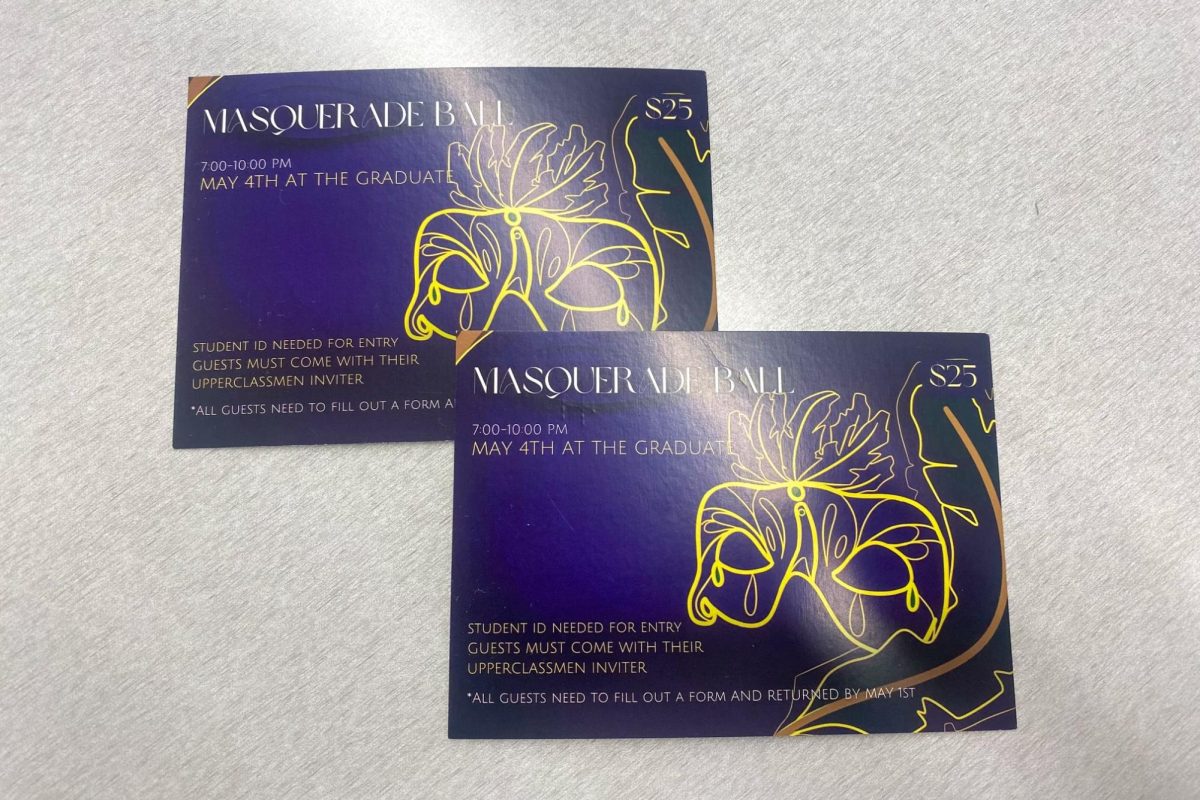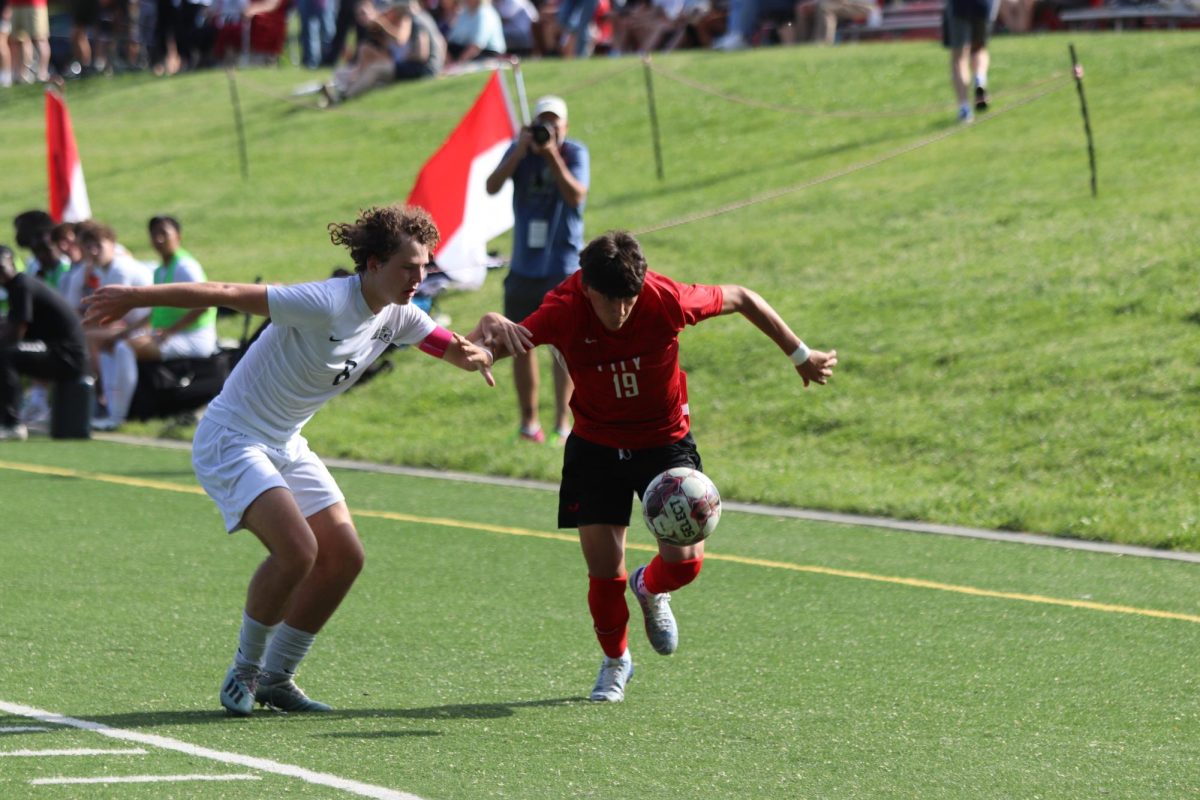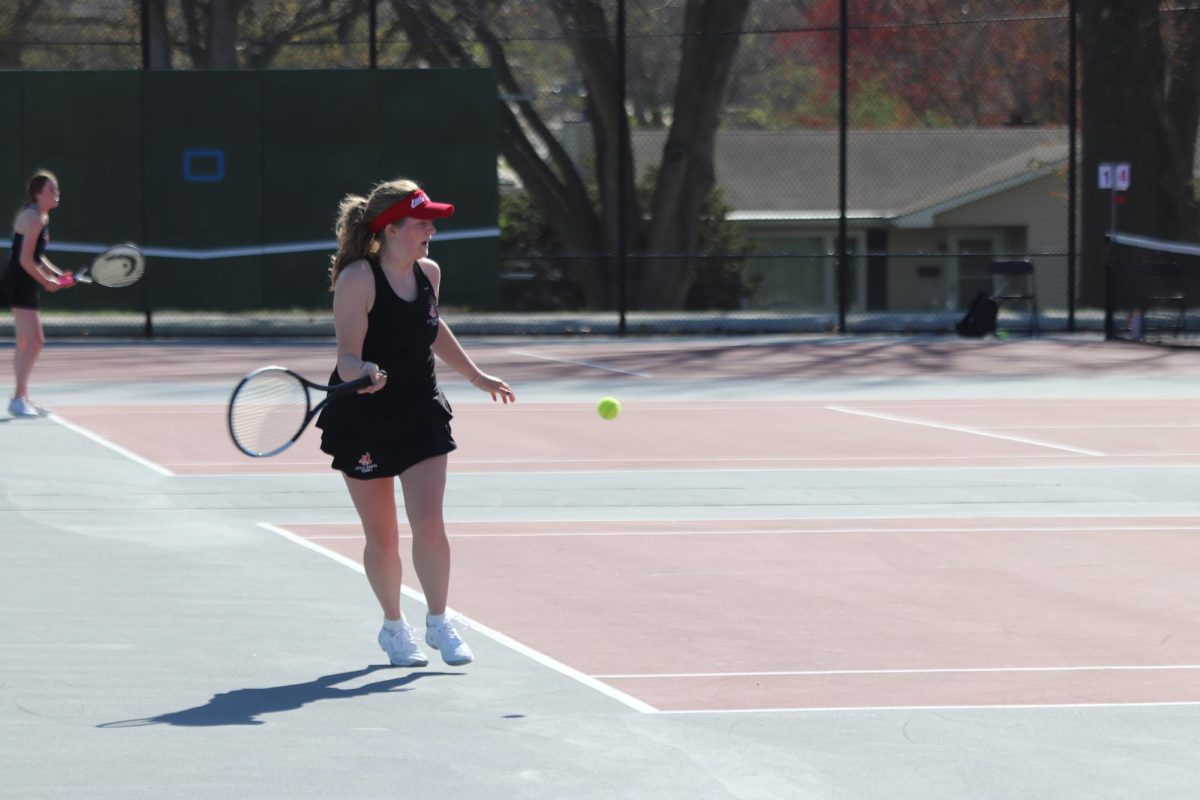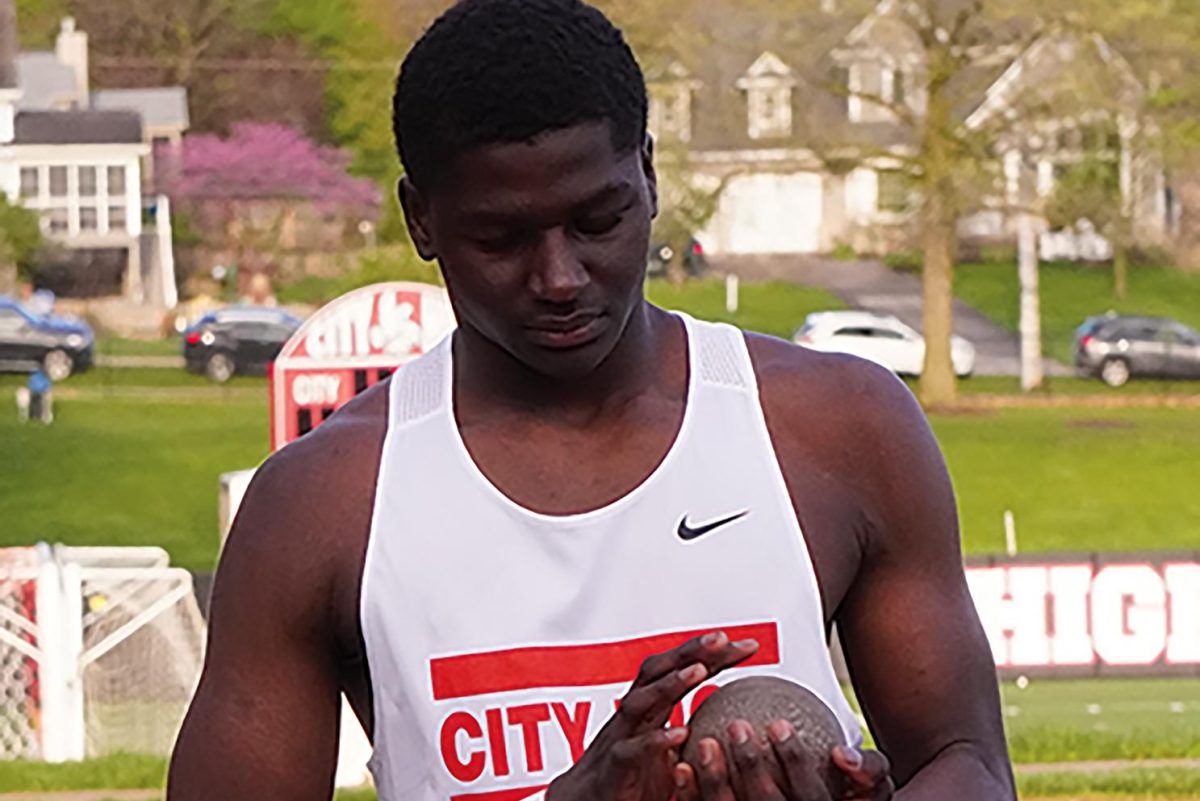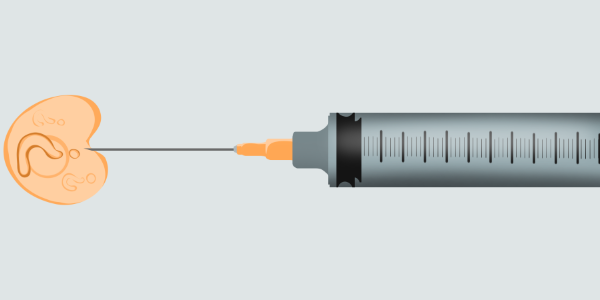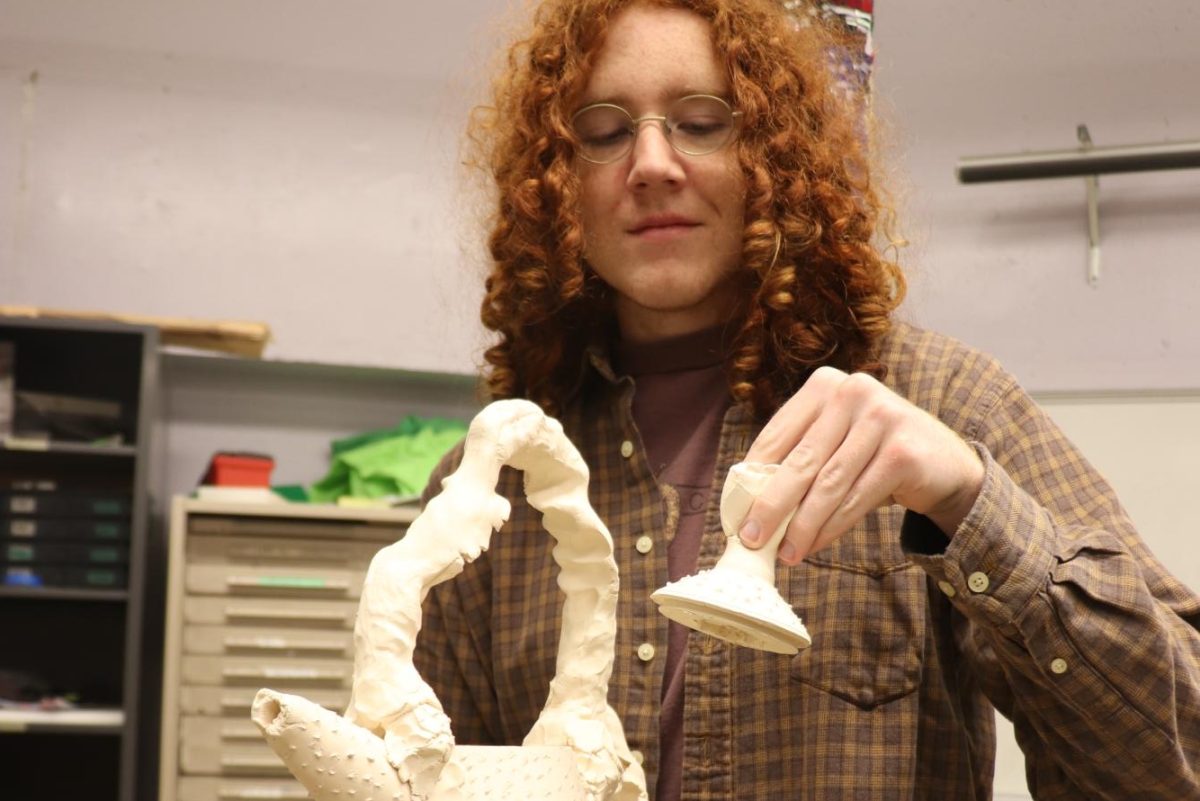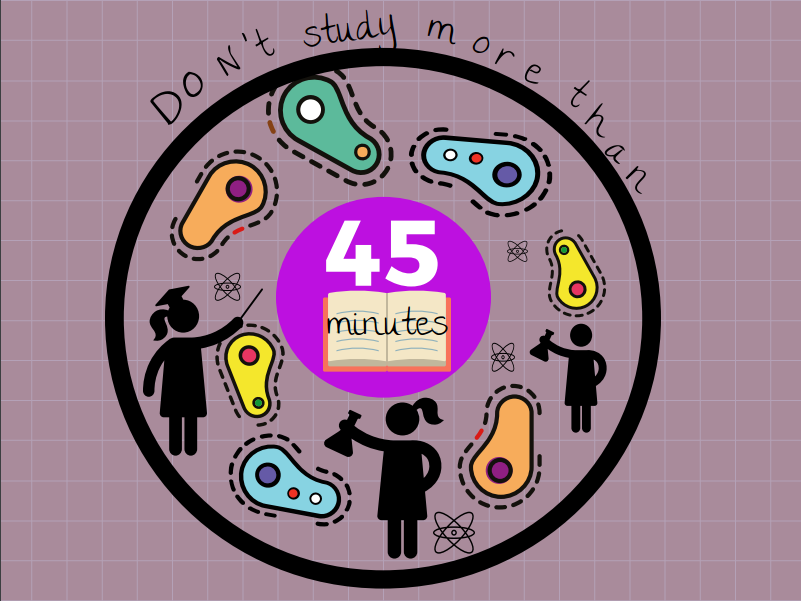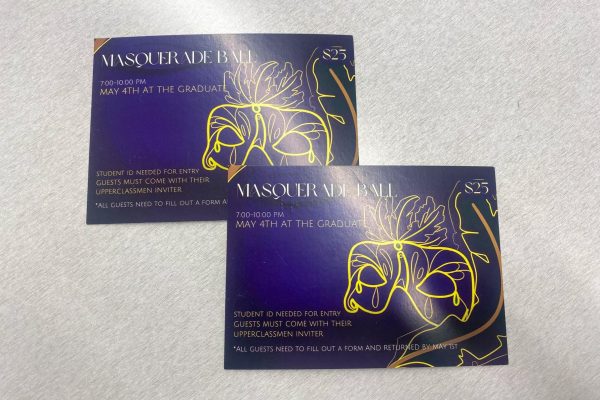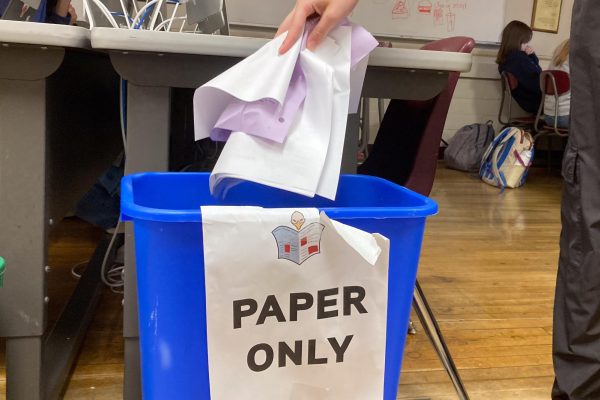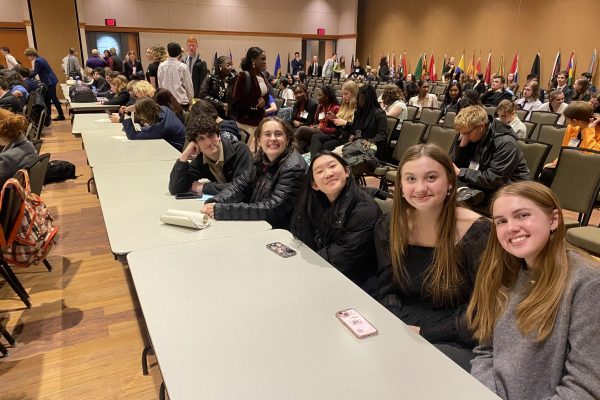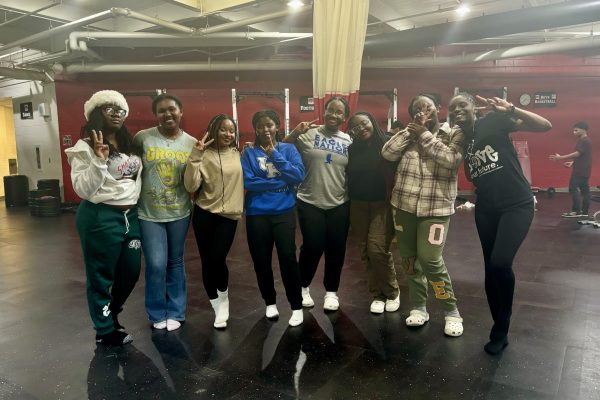Studying: A Key to Success
Homework, tests, grades, and time: the four horsemen of the apocalypse. For many students, the struggle to handle assignments, sports, and extracurriculars and still be successful in school has led to the dismissal of other important parts of student life. Sleep is neglected, food is forgotten, and studying has become a concept of legend.
“What inhibits me from studying is probably a mix of anxiety and a lack of organizational skills,” Lizzie Carrell ‘18 said. “I don’t like studying … I think it adds a lot of unwanted and unnecessary stress on me. Some people may disagree with me here, but I truly believe that our mental health should come before any school work.”
However, according to psychologists like Dr. John M. Grohol, useful studying skills may prove a vital aspect of a successful high school career. “The key to effective studying isn’t cramming or studying longer, but studying smarter,” Grohol wrote in an article about strong study habits.
Contrary to popular belief, doing homework is not studying, because it’s less a form of retaining and analyzing but rather a form of teaching. Cramming also isn’t studying — Nate Kornell, an assistant professor of psychology at Williams College, observed that students had a tendency to study in large chunks and believed that studying in small amounts was unhelpful. Kornell theorized otherwise, claiming that studying in small amounts, on a regular basis, is much more beneficial than cramming.
“Effective study habits — studying smarter — can be learned to improve your ability to better retain reading material,” Grohol said. “These habits include approaching study with the right attitude, choosing the right environment, minimizing distractions, setting a realistic schedule, and employing memory games, among others.”
City High student Kate Murray ‘19 offered some personal advice on her studying habits.
“[I study] by reviewing notes I have taken or discussing the topics with my friends in the class I’m studying for,” Murray said. “Usually I do well on tests, but I definitely think this method could use some improvement, as my scores are usually only reflective of what I already knew and the things I did learn I usually forget soon after an assessment.” Murray recommends that other students discuss class topics with peers and read notes aloud when reviewing.
“Try to find some way to connect something you’re interested in with the topic, otherwise it’s very difficult to absorb information,” Murray said.
Murray’s methods have been recommended by teachers and researchers in analyzing effective methods of studying. Both Grohol and Kornell agree some of the strongest ways to study are by joining study groups, reviewing class materials on weekends, and studying with a goal in mind. As a simple example, one might opt to master half of a vocab list one night, and set a goal for the next day to finish the second half. But often students can forget to dedicate time to schedules when other school-related activities take priority.
“I would say my biggest obstacle from studying … is that I have a very heavy homework load from every class I take, as well as many extracurriculars that take up my time and make me choose between sleep and studying, and I usually opt with the former,” Murray said.
According to Grohol, the trick to studying a sufficient amount of time relies on simple planning.
“The frequency isn’t as important as actually studying on a regular basis,” Grohol said. “Even if you just crack open a book once a week for a class, it’s better than waiting until the first exam in a massive cram session … Divide study time into segments that make sense and work for you. If you have to digest a whole textbook chapter, find sections in the chapter and commit to reading and taking notes on one section at a time. Maybe you only do one section in a sitting, maybe you do two. Find the limits that seem to work for you.”
Although the idea of studying appears daunting, in the long run it may provide more benefits than it does bruises. Murray has found that it boosts her confidence, which contributes to her overall performance.
“The difference between studying and not studying for me usually results in my confidence levels taking a test,” Murray said. “When I’m more confident, I tend to do better, even if I don’t know every single thing on the test. Not studying can usually result in me getting an unsatisfactory grade, lowering my GPA and causing me more stress than I would have originally had if I had just studied. I would very much like to change this, but with my workload I am not sure if that is a viable option for me.”
Indeed, workloads are often the biggest burden on high school students. Students’ involvements in extracurriculars and dedication to personal activities can overcloud the basic concept of studying to succeed.
“I don’t have enough time to study,” Isabelle Miller ‘21 said. “With my normal homework, other activities, and the need to eat and sleep, I just don’t have the time.”
So while not every tip recommended here is a requirement for students to do well, dedicating a small amount of time to the difficult work a few times a week can still provide a strong foundation to success in high school.
“I think the key to success in school is enjoying what you do,” Murray said. “Take the classes you enjoy, and if you can’t, find things about them you enjoy. Make friends who will help you through school, and remember that your grades don’t define you.”
Your donation will support the student journalists of Iowa City High School. For 2023, we are trying to update our video and photo studio, purchase new cameras and attend journalism conferences.

Olivia Lusala enjoys applying pigments to paper in a pleasing assortment of color. When she grows up she aims to have a kazoo solo on the Broadway stage....





